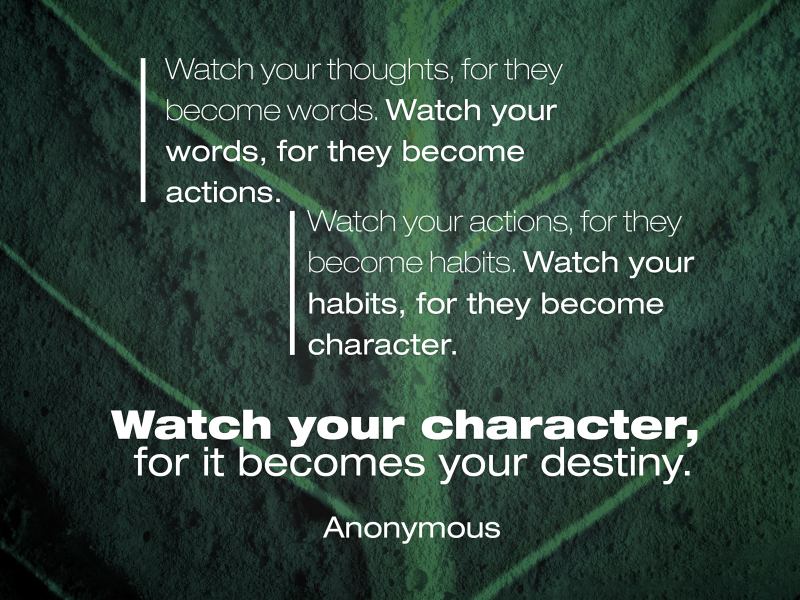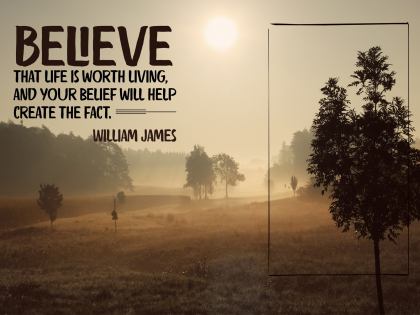Minimalism is Having the Perfect Amount of Something
Test
People equate minimalism with having as little as you can possibly stand. You might have a picture of someone eating rice and beans from the only bowl in the house while sitting on the floor. Who needs furniture when the floor is perfectly fine?
This might be the approach of some people to minimalism, but it’s not the only approach. Instead of viewing minimalism as the minimal amount that’s tolerable, view minimalism as having the perfect amount. No more, no less.
Let’s use an example:
If you live alone in the suburbs, you probably only need one car. But, suppose you’re a real estate agent and also work in construction. You might need one nice car for driving around your clients and also need an old pickup truck for your construction job. Now, imagine that you also like to drag race on the weekends. That will require a third car.
There is an ideal amount for everything in your life, and that number can vary dramatically between you and someone else.
Even though this specific type of therapy is fairly new to the Western world, you’ll get to explore many facts, processes, and action steps in this eBook to enable you to take advantage of sound healing.
Consider these ideas to determine the perfect amount of everything in your life:
1. What is your life’s purpose? When you know the primary focus of your life, it’s a lot easier to determine what you need and don’t need. For example, if you’re a politician and your ultimate goal is to become a senator, you might need a large home in an urban setting for entertaining. If you’re an artist, you might work better out in the country in a simple home.
2. What do you actually need versus what do you want? There are few things you actually need. There are lots of things you want. Minimalism is about having all the things you need and putting the brakes on accumulating a lot of things you simply want.
3. How does having more cost you? This is an important question to ask yourself. Having more than you need is expensive in many ways. Items, people, and obligations either help you to live your life more fully, or they detract from your ability to live your life at the highest level.
- Consider your time and your life to be sacred. Carrying excess baggage slows you down.
- Clutter is more detrimental than you probably realize. It limits your ability to concentrate and is always weighing on your mind.

About the Inspirational Poster by Richard Branson
4. Minimalism allows you to accomplish more. Most of the things you desire get in the way of accomplishing your goals. For example, if your purpose is to create a software company, owning a boat doesn’t help you to accomplish that. It gets in your way by taking your time, attention, and financial resources.
5. Minimalism speeds your success. When you’re less distracted and have fewer things cluttering your life, you can accomplish more each day. Success comes faster and easier.
6. What is the perfect amount? Ask yourself this question constantly. What would be the perfect number of employees? What is the perfect size couch for my living room? What is the perfect number of dinner plates for my situation?
- When you’re looking for the perfect amount or number, you’ll avoid acquiring more than you need. That’s minimalism
The idea of being a minimalist doesn’t appeal to a lot of people, because they think they have to limit themselves to one bowl, one spoon, sit on the floor, and stare out the window for entertainment. This is unnecessary.
A more reasonable view of minimalism is pursuing the perfect amount of something. It’s not about making do with the minimum you can tolerate but avoiding having more than you need. The end result is more time, peace, money, and success.








